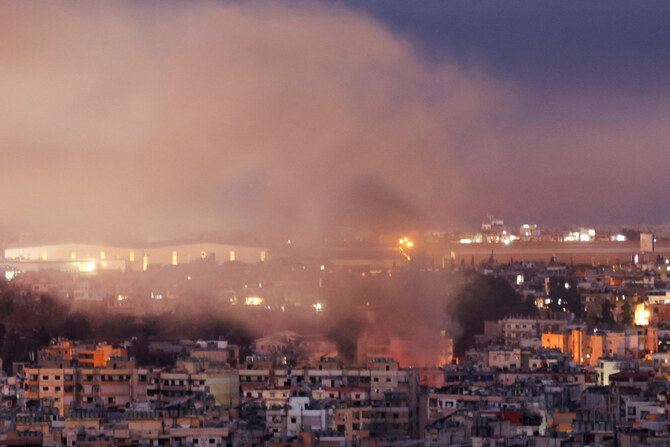Lebanon has suffered immense economic damage over the past year due to escalating conflicts, with the World Bank estimating losses exceeding $5 billion. The report, released on Thursday, emphasizes the severe impact that ongoing violence has had on the country’s infrastructure, economy, and civilian life.
The conflict, which started as cross-border skirmishes between Hezbollah and Israeli forces, escalated into full-scale airstrikes and ground troop incursions by Israel since September 2023, devastating Lebanon’s economy. According to the World Bank, the war from October 8, 2023, to October 27, 2024, resulted in $5.1 billion in economic losses, primarily affecting sectors such as commerce, tourism, agriculture, and hospitality. This economic setback comes in addition to significant damage to physical infrastructure, with repair costs estimated at $3.4 billion.
Nearly 100,000 homes were damaged or destroyed during the conflict, worsening Lebanon’s already critical economic situation, which had been struggling with political instability and inflation in recent years. Local businesses, especially in the tourism and agricultural sectors, have been hit particularly hard, with many unable to recover from the compounded damages.
The World Bank report highlights the severe humanitarian and economic crisis facing Lebanon, with the damage expected to take years to repair, leaving the country reliant on international aid and rebuilding efforts to regain any sense of stability. As the region remains tense and negotiations continue, Lebanon’s path to recovery seems to be filled with significant challenges.





